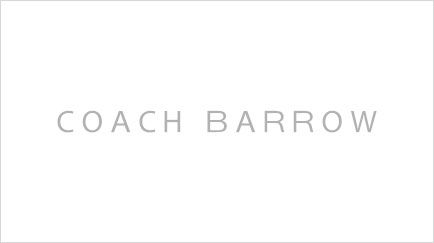March 10, 1876.
Alexander Graham Bell asked “Mr Watson, come here, I want to see you”.
Computer engineer Ray Tomlinson sent himself the first email in 1971.
The first ever text was sent on December 3 1992, when Neil Papwell, a 22-year-old British engineer used his computer to send the message “Merry Christmas” to an Orbitel 901 mobile phone.
The first sentence uttered on Skype was in Estonian in April 2003 by a member of the development team. It was ‘Tere, kas sa kuuled mind?’ or “Hello, can you hear me?” in English.
The first tweet was written by Twitter co-founder Jack Dorsey on March 21, 2006.
Facebook launched stand-alone Messenger in April 2015.
In dentistry, we still rely on the 19th Century invention, with a passing acknowledgment of texting.
Around 1,000 of the 10,000 independent practices in the UK offer on-line booking (although that is likely to increase as SoE add more robust features to Exact in v.12 and beyond – their software is used by over 60% of practices in the UK – 17% haven’t bought a computer yet).
In the meantime…….
I have long argued that answering telephones at a front desk is the worst of both worlds.
- it is irritating to approach any reception and find that the person you want to connect with is already on the telephone
- even more so if that person interrupts your conversation to answer a telephone
- and embarrassing to have to talk appointments and money in front of other people
Conversely for the caller:
- it is annoying when the telephone isn’t answered quickly
- so “yesterday” to listen to music or recorded messages whilst you are waiting for an answer
- infuriating when the telephone is answered and you are then asked to wait and put on hold
Whilst we wait for the business of dentistry to embrace technology, many of the practices I work with are separating telephony and reception and asking the front desk team to run split shifts.
That way, every prospect and patient can feel appreciated and thus more likely to recommend you to their family, friends and colleagues.
With 76% of adults in the UK carrying a smartphone, Deloitte quote in their 2015 mobile consumer report:
- 53% of smartphone users check their phones within 5 minutes of waking
- Over 32 million phones are purchased yearly in the UK, and 6 million are handed down
- The proportion of 4G users jumped from 8% to 25% in the last year
- 25% of smartphone users make no traditional voice calls in a given week
- 13% of UK adults have now made a mobile payment in-store, up from 3% last year
Looking ahead?
Beacon technology already allows retailers to spot smartphone users as they enter stores.
In this way, they can identify the owner, recall previous purchases and based on the known profile, suggest special offers – before the shopper has engaged with another person.
Apple introduced iBeacon in 2013 and have now teamed up with IBM to innovate.
Independent research reveals a staggering $40 billion of retail sales in 2015 using beacon transmitted messages.
How long, then, before a patient receives a Facebook Message to acknowledge or confirm an appointment they have made via social media?
Then, when entering a dental practice, they are identified via their smartphone (or, more likely, wearable technology), checked in for their appointment and sent special offers as they approach a dedicated concierge desk?
My guess?
5-10 years for the innovators (that’s the top 2.5% of the 2,000 independents who will survive corporatisation).
50 dental businesses.
If you are thinking “that’s going to be me” – you are probably right.

